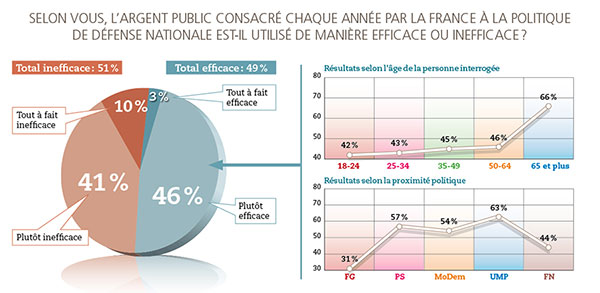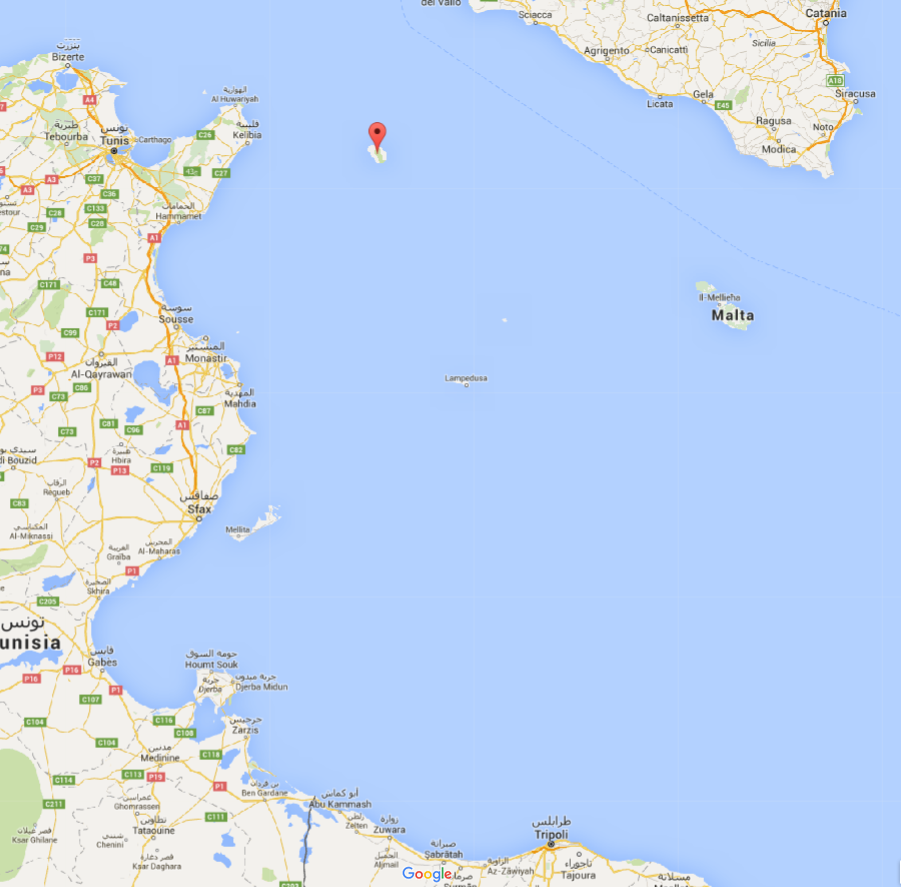In DR Congo, everything is fine, Mr. Sarkozy?
(B2) Reading the reports of the UN Office of Humanitarian Affairs (OCHA) and MONUC, one can doubt it. Kicking and shifting the blame - as Nicolas Sarkozy, the French President who holds the Presidency of the Council of the EU, did during the european summit -, on the organization of MONUC and involving regional actors does not seem to be very adequate. To be balanced, I must say that the fact that on the one hand MONUC boasts, in a communicated, that the situation in the east is "relatively calm", and that, at the same time, other reports from MONUC, the UN or NGOs seem to proclaim the opposite, does not facilitate a clear understanding of the situation. General Gaye also called, even recently, for the arrival of the multinational force (also indicating to the Europeans certain
priority tasks).
Insecurity continues in North Kivu. "The instability of the security situation characterized by the continuation of acts of nocturnal looting by armed men in the south of Lubero, and the cohabitation between the Mayi-Mayi militias and the FARDC in the eastern part of the south of Lubero worry the community which is still unable to make direct distributions to vulnerable populations in this area.The localities of Kirumba, Kayna, Kanyabayonga and the Kamandi area are still hotbeds of insecurity where protection problems are reported and whose perpetrators are mainly FARDC soldiers and Mayi-Mayi militiamen". Or : “Due to the permanent insecurity created by uncontrolled armed groups in the territory of Rutshuru, several axes are no longer accessible, in particular Kiwanja – Ishasha, Kiwanja – Vitsumbi, Rutshuru – Mutabo – Karambi – Busanza and Burayi – Bunagana.”
Letting the Congolese government do nothing solves anything, on the contrary, it seems to aggravate insecurity. "Protection problems continue to be acute and are exacerbated by a strong presence of armed men (FARDC and Mayi-Mayi)." In addition, additional problems are posed in Butembo-Kanyabayonga by the families of the soldiers who demand their support in the same way as the others. As a result, humanitarians "are forced not to make distributions to returned populations". The UN-NGO Humanitarians therefore ask that "the government takes charge of these soldiers and their dependents, in order to avoid the looting of property and civilians, and the end of their interference in public administration".

MONUC is already reorganizing. About 10 men are present in Kivu, assured Alan Doss, the head of MONUC. But it is at the cost of a stripping of certain other regions. Where all risk is not extinguished. Especially on the side of the eastern province. And according to Doss, it is not excluded that MONUC, which is losing its troops in Ituri for North Kivu these days, could, if necessary, redeploy them again in this district of Orientale Province. According to a latest count from MONUC: "6.139 men are
stationed in North Kivu (8 battalions out of the 17 it has): between 800 and 1.000 men are deployed in Goma; 3.513 others are in South Kivu. 3.769 blue helmets are operational in Ituri, "one of the most secure and volatile regions". While the rest of the force is in the West of the DRC including Kinshasa.
The risk does not only exist in Kivu but throughout the East. In Ituri, "the rivalry observed between the FJPC and FRPI militias worries the humanitarian community, which fears the imminence of clashes between these groups which could cause yet new waves of population displacements." The populations on the Bunia-Bogoro axis are subject to exactions and abuses of all kinds such as rape, illegal taxes and arbitrary arrests. Some of the displaced cannot access the fields when it is the harvest season." And humanitarians ask themselves: "Are we in an endless spiral of fighting between successive victories of the FARDC and the militiamen? Are these DDR issues unresolved or poorly resolved?"
Attacks against aid workers continue. One dead and one injured in an attack on Monday, December 15, on a convoy of 3 NGO vehicles in Burayi, 5 kilometers from Rutshuru, according to Okapi Radio. The victims were in a vehicle belonging to the Italian NGO Avsi. It is the rebel militia, CNDP, which controls this sector. She denies having fired. Another humanitarian, from Norwegian Church Aid (NCA), attacked in Nzulo on December 10 by FARDC elements (regular troops), is still in "critical condition" according to NGOs. The toll could be worse: a FARDC soldier fired point-blank range on December 11 at an SC-UK vehicle near Kibati. "The driver and two passengers managed to get to safety in time."

